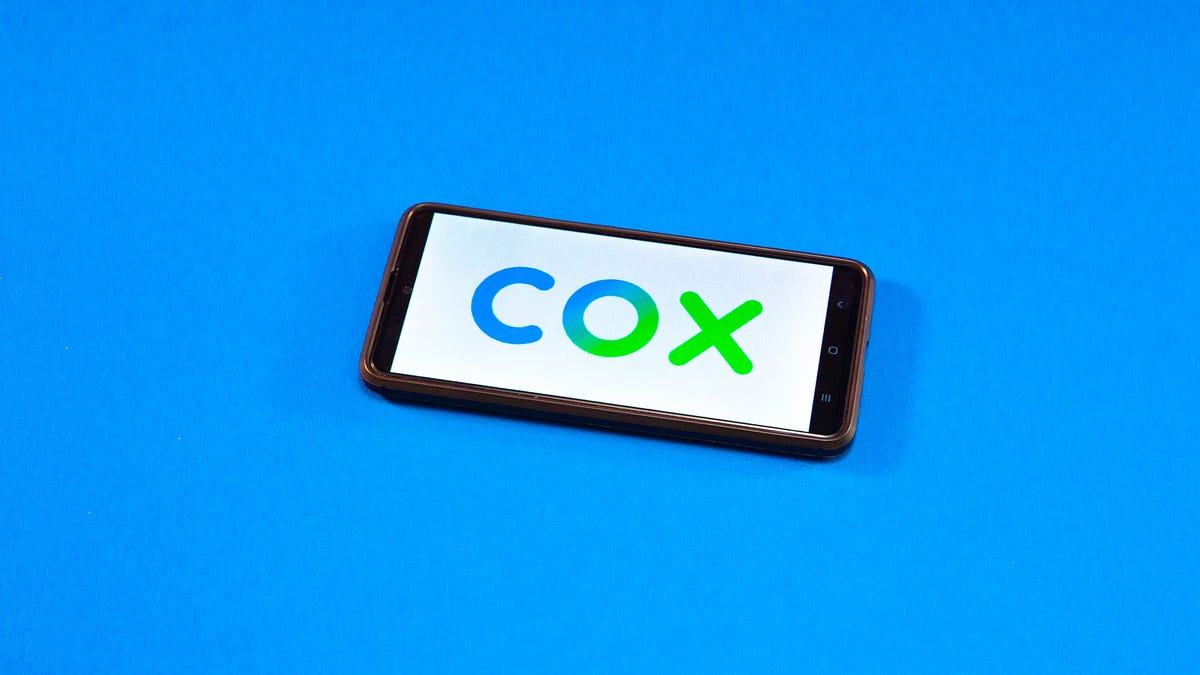
There’s a new internet service provider at the top of the mountain. Cox Communications nabbed first place in the US for the fastest median download speeds among top fixed broadband providers. This news comes from Ookla, which released its data findings from July through September of this year.
Cox, which earned a median download speed of 260 megabits per second, took the title from Spectrum Internet, Charter Communications’ cable internet service, which had held the top spot in Ookla’s rankings for the first six months of 2023. Third place belonged to Xfinity Internet, followed by AT&T, Frontier, Optimum and Verizon.
Fastest internet providers in the US
Show more (3 items)
Ookla is an internet speed-test provider that collects data via its Speedtest.net tool, which gathers insights from millions of customer uses of that speed test. CNET frequently uses those findings to help inform our internet service provider reviews. We also use Ookla speed test info to help compare and contrast internet performance from city to city or state to state.
As you might imagine, every internet service provider wants to claim the title of America’s fastest. It gives them bragging rights to tout they’ve got “America’s fastest download speeds.” But is that what all this really means? As you might guess — as is often the case with home internet service — many variables exist.
To be included in Ookla’s study, an ISP must be cited in 3% or more of the test data collected during the three-month window. Some superfast regional providers might deliver higher median download speeds than the providers shown in the chart, but don’t reach enough people to meet Ookla’s mark for inclusion nationally.
So your first question might be, does this mean Cox offers the fastest plans in the country? Hardly. Cox may sit atop Ookla’s latest rankings for the fastest internet provider, but it really points to the consistency of a cable internet connection. Let me explain. The fastest plan that Cox offers nationwide is a 2-gigabit offering with a download speed that tops out at 2,000Mbps. For example, that doesn’t compare to the 5-gigabit fiber internet tiers of AT&T and Frontier. However, both those ISPs also include DSL plans across their national footprint. DSL is not only inferior to fiber internet, but it also falls short of cable.
The upload speed chart tells a different story, with three ISPs leapfrogging Cox in the chart. What do the three have in common? AT&T, Frontier and Verizon all offer fiber internet plans.
In CNET’s ISP reviews, we stress that while speed test data is helpful and can give a snapshot of how your internet connection is performing at any given moment, it’s not definitive. Many factors affect a speed test, including whether or not you’re using Wi-Fi or a hardwired Ethernet connection, the time of day you’re running the test and so on.
Because of those factors, while Cox wins this race with a median download speed of 260Mbps, that doesn’t mean every Cox Communications customer can expect to get those speeds. Instead, consider it a benchmark of what a “typical” US customer might expect from this ISP. Or, as an Ookla spokesperson once told CNET, the report aims to “more accurately represent the typical performance that consumers actually experience on a network.”
Finally, you might also be tempted to equate this top ranking as equivalent to a title as the country’s best internet provider. Not exactly. While we give Cox decent marks for its prepaid service, Cox StraightUp Internet, the ISP’s overall ranking among CNET’s broadband provider reviews is in the bottom third. That’s consistent with the American Customer Satisfaction Index’s summer report that had Cox two points below the average score for nonfiber ISPs. It shows that while download speed is important in one’s satisfaction with a broadband provider, it’s not the only factor.
